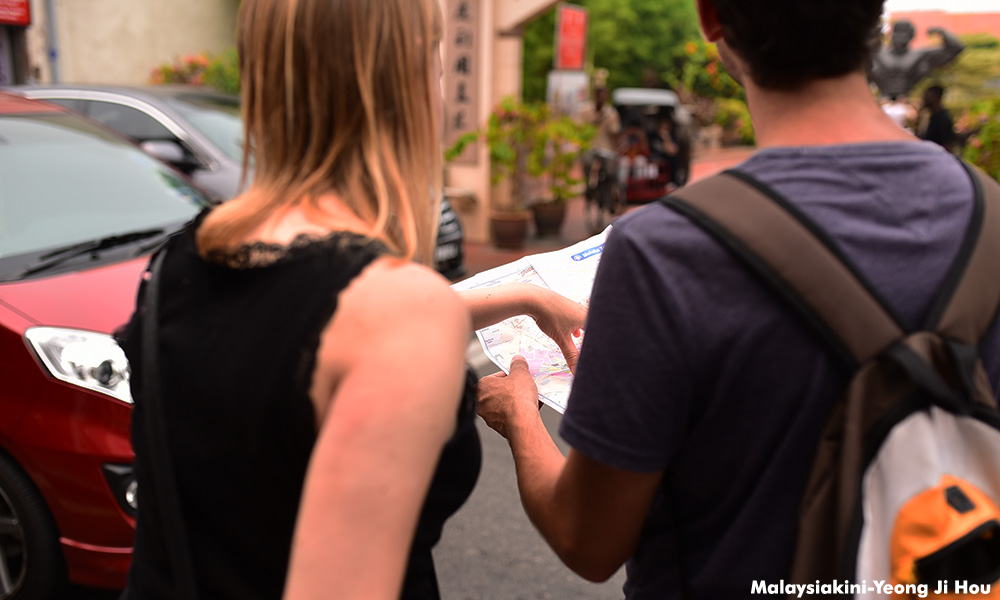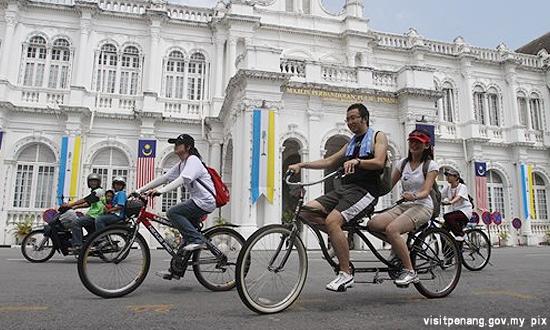LETTER | Whether in career talks or training programmes, I usually ask the audience to describe the basic job of a tourist guide.
After a quarter century of engaging with thousands of seminar participants, including hundreds of tourist guides, none of them could define it correctly.
But whenever I ask a group to state the basic job of a postman, the first respondent would always give the correct answer, and that is to deliver letters. For tourist guides, there would be more than 10 different answers.
These include: to greet, escort, inform, educate, enlighten, assist or entertain tourists; or to introduce or describe places of interests; or to be friendly or knowledgeable, or to be an ambassador, or to look after the safety and well-being of tourists.
Although none of these answers are wrong, all are incomplete. Also, if these are true, then anyone performing one or more of these functions are also tourist guides, to a certain extent.
But being a tourist guide is a licensed profession and licenses are issued to those who have attended a lengthy course and passed written and practical exams for a specific language conducted by the Tourism and Culture Ministry.
It is also compulsory to have a guide on a tour bus with passengers unless an exemption was granted by the ministry. Tour bus operators have been fined RM18,000 for not having a tour guide on board.
As such, the basic job of a tourist guide is to provide transfers and tours for tourists using a tour bus. Without a tourist guide, the bus driver would be merely providing transport service for passengers, similar to express or stage buses.
In order to become a good tourist guide, one must be entertaining, friendly and helpful to tourists. Deep knowledge of local interests and attractions coupled with great language and communication skills would allow tourists to understand clearly and enjoy their sightseeing tours.

Just like we are prepared to pay for live shows to watch popular singers, good tourist guides deserve the higher fees they command. An average tourist guide may charge less but is not worth paying for.
Half of what a mediocre tourist guide says may be incorrect or outdated. The information they picked up over the years may just be hearsay or unverified.
Although they are required to attend several “Continuous Tourism Related Education” courses to renew their tourist guide licence, many merely sit through it while staring at their mobile phones.
It would be more effective if they repeat their commentaries on a tour bus during training, as their mistakes may also be made by half the class, and correcting one would have a rippling effect.
The licensing of tourist guides were introduced in 1975 and tour groups were the mainly from Europe and the United States. Many of them were culture vultures who would read up about our country before visiting.
Those days, only the rich could afford to travel on long-haul flights to faraway destinations. Today, Malaysia is swarmed by foreign visitors, with millions arriving monthly.

Most visitors are from Asia, particularly our Asean neighbours. Many could book their own travel arrangements, preferring budget over premier airlines, and staying from luxury to tourist class hotels, or even private residences.
Many travellers today use mobile apps to choose holiday destinations, book arrangements and make payments. Upon arrival, they may use Uber or Grab and are no longer dependent on local taxis.
The phone is also used for navigation and they no longer need to bring foldable maps or keep asking the locals for direction.
They could easily find attractions and food in any given area using one of the many apps, and not take a chance by asking a local for recommendations, which could be subjective.
Likewise, they place more trust on information from a mobile app, which was developed by a team of experts and tend to be more accurate and updated, than what a tour guide has to say.
It would be grossly unfair to tourists if we force them to pay several hundred ringgit a day for the service of a tourist guide they do not need or want, especially when they could access information using mobile phones free of charge.
The views expressed here are those of the author/contributor and do not necessarily represent the views of Malaysiakini.

